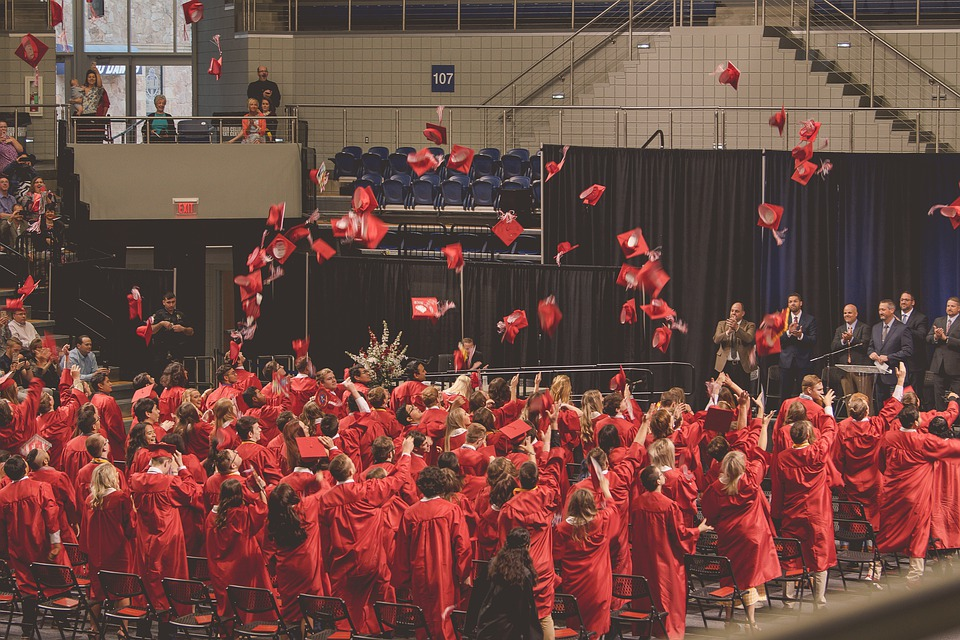I'll share the document we used and describe how we ran it below. I'll also explain why I think the starting point is so powerful. First, here's some brief background.
It's coming up on two years since our district first shut down due to COVID-19. Like nearly every school, the ups and downs of dealing with the virus has made it very difficult to focus on long term goals and overall direction. We wanted a course correction.
Loren and I met with Dr. Scott McLeod at the end of 2021. That led to some rough plans for activities to involve teachers in setting a vision for our high school. Dr. McLeod suggested we look at the Portrait of a Graduate website for ideas. I was particularly inspired by this article, Dream, Don't Fix, which I found on that site.
The article talked about starting with a dream instead of a problem we want to fix. That was interesting enough to me, but what really caught my attention was that dream was not our dream for us. It suggested starting with what teachers dream for their students.
For all the talk I've done the past 15 years about what's right for students, I don't think I ever articulated the dream I had for them. What do I want for the students who go through our school? Not just in some vague sense, but what would I say if I had to state it concisely? What do my colleagues and my administrators dream for them?
So from that article and all our discussion, I drafted three questions and ran them by Loren. We fleshed it out more together, then sent it to Dr. McLeod for feedback. He thought the questions were excellent. He reminded us that whatever we get back from teachers, their answers would help us know where we are at and what our next steps should be.
My suggestion for this activity was to require every teacher to work on it alone. We had discussed similar questions before in groups, but in retrospect, I didn't see much impact of those meetings. Loren agreed we needed to let each of them work alone. He sent this Google Doc (through Google Classroom) to teachers with very little additional information. Loren he only urged them to take their responses seriously. It was important to us that no one felt compelled to give the answer Loren wanted to hear.
See the document for the exact wording of this questions, but here's a summary of what we asked:
- What is your dream for the students who will graduate from our high school?
- Considering the state of the world and changes ahead, what skills and knowledge will our students need to achieve that dream? (We asked them to list these things in specific areas, like academics or training, jobs and careers, etc.)
- Looking at your lists from Question 2, choose 5 - 10 traits that you think our students need.
- Rate how apparent each of those skills are in the members of our current senior class.
- What comments do you have about this topic or this activity?
Loren told me he was encouraged and excited by the results he received. I suspect teachers will also be very interested to see what everyone wrote. A lot more discussion is needed, but we plan to use the responses to define work for a committee tasked with setting a fresh vision for the school.
I passed the questions along to our middle school and elementary principals as well. The question will look different for them, but we all agreed it will be beneficial for similar work to be done there.
I'll follow up with more resources and what we learned as our work continues.

